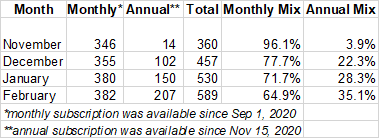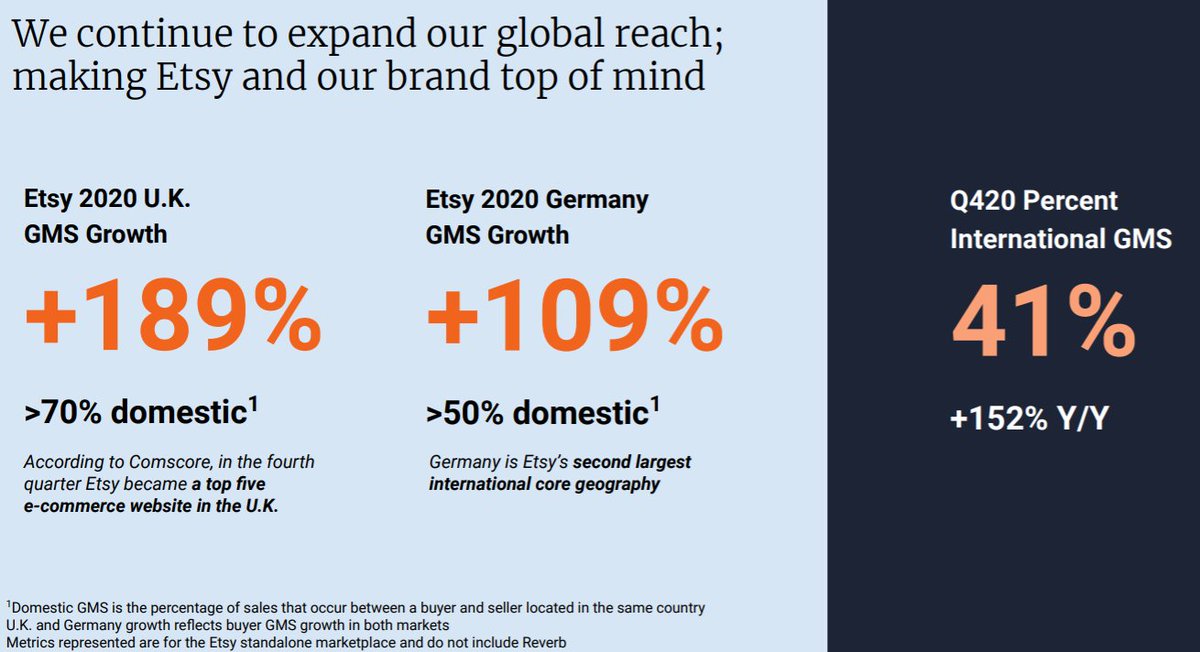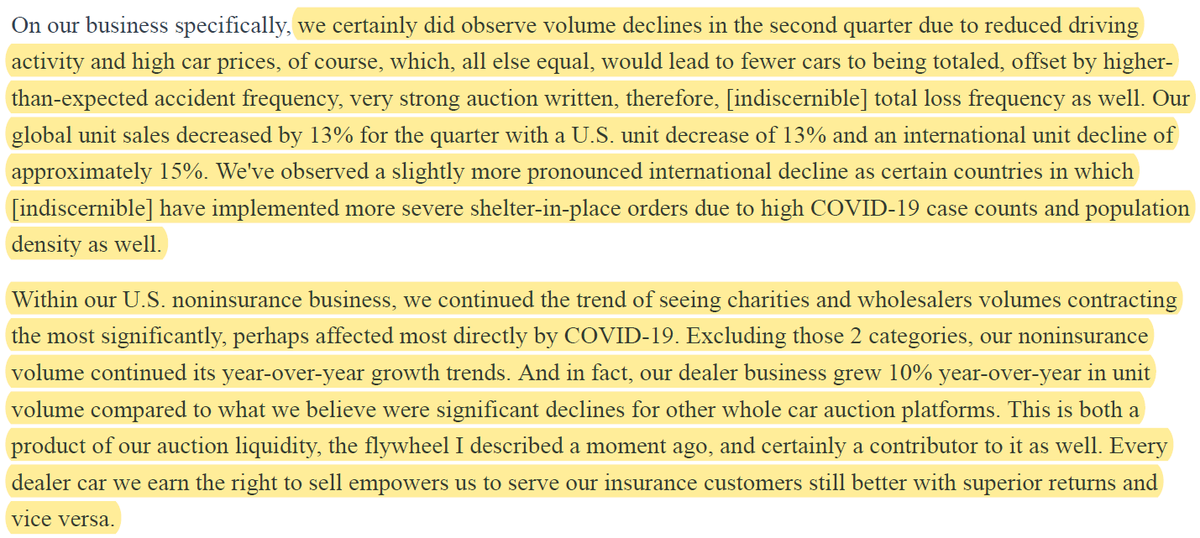
1/9 Thread: We are all capital allocators
Capital allocation is one of the defining determinants of our personal wealth. Two people with similar current wealth but very different capital allocation skillset/priorities will have vastly different wealth in the long run.
Capital allocation is one of the defining determinants of our personal wealth. Two people with similar current wealth but very different capital allocation skillset/priorities will have vastly different wealth in the long run.
2/9 I see a lot of people who want to be rich as fast as possible. Of course, there is hardly any get rich quick scheme, but let’s consider the possibility we do win some “lottery”.
What happens afterwards?
What happens afterwards?
3/9 Unless we know how to deploy our winnings, we probably won’t remain rich for too long. We obviously cannot expect to win too many "lotteries".
Unfortunately, schools are terrible at teaching it, and even if they did, perhaps most of us would not “learn” it anyway.
Unfortunately, schools are terrible at teaching it, and even if they did, perhaps most of us would not “learn” it anyway.
4/9 Capital allocation is one of the many elements of capitalism that made me love capitalism.
If you are a bad capital allocator, with time capital will get sucked out of you and it will gradually move to people who are better at capital allocation than you.
If you are a bad capital allocator, with time capital will get sucked out of you and it will gradually move to people who are better at capital allocation than you.
5/9 Of course, this process takes years and decades, and possibly centuries.
There is a reason ~70% of wealthy families lose their wealth by second generation, and ~90% lose it by the third. This creative destruction is what makes capitalism sustainable over the long run.
There is a reason ~70% of wealthy families lose their wealth by second generation, and ~90% lose it by the third. This creative destruction is what makes capitalism sustainable over the long run.
6/9 Some of the discontents of capitalism that we hear these days are mostly consequence of shorter time horizon of the critics.
No other alternative has an embedded system to suck capital out of bad allocators. In fact, it mostly entrenches the status quo allocators.
No other alternative has an embedded system to suck capital out of bad allocators. In fact, it mostly entrenches the status quo allocators.
7/9 Yes, income inequality in the information age is likely to increase further, but what many people miss is tomorrow’s rich class, who will probably be richer than today’s rich class, will likely consist of different set of people.
8/9 The top 1% may continue to have more and more wealth, but the people within top 1% are hardly ever the same when you compare in decades and centuries.
9/9 Capital allocation isn't just top-of-mind priority for CEOs, but every investor out there. It will have far reaching impact on our family's well being than many perhaps realize.
• • •
Missing some Tweet in this thread? You can try to
force a refresh














